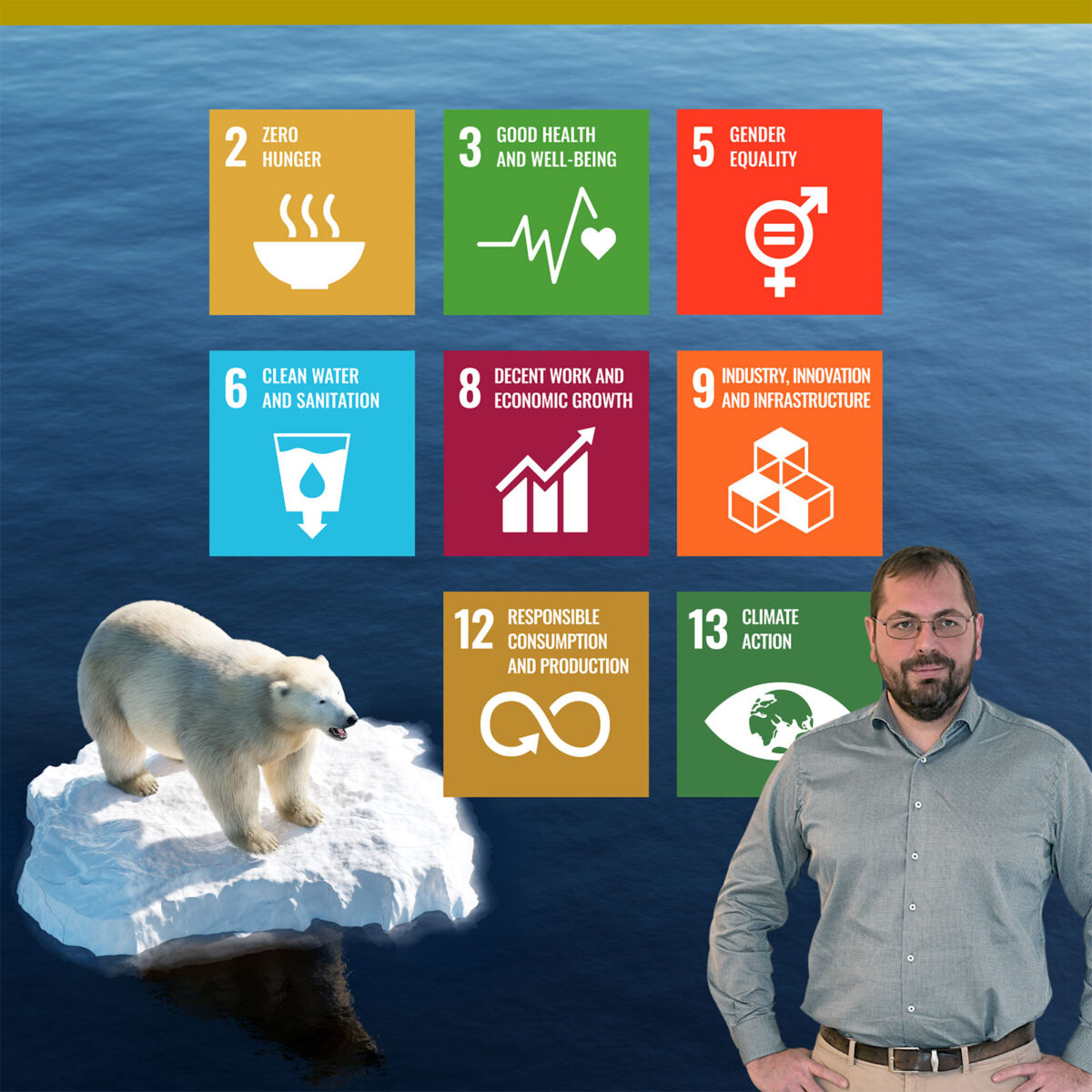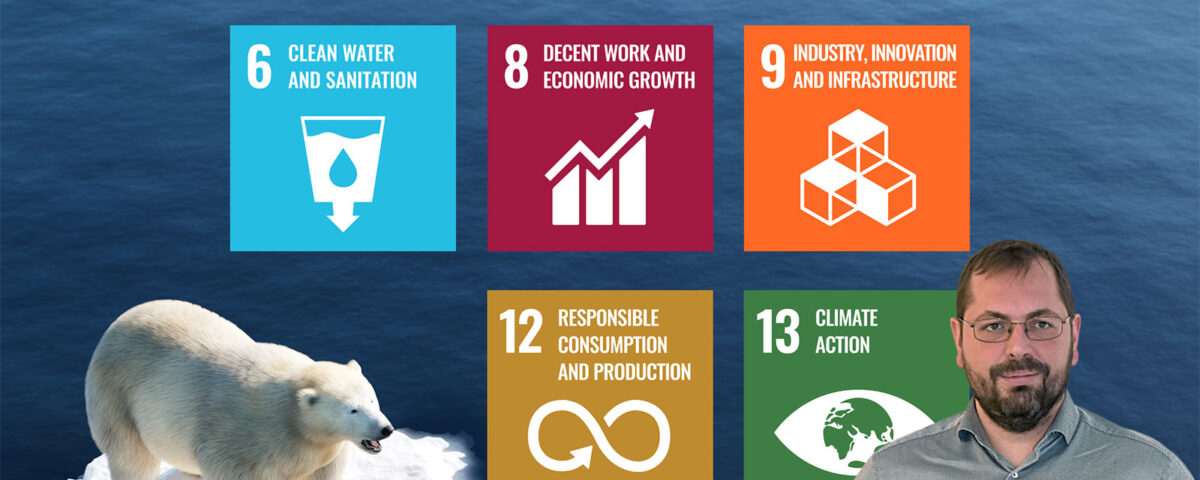Armin Stadler
Interview about ESG
ESG stands for Environmental, Social, and Governance. It defines sustainable business practices through resource efficiency, social responsibility, and transparent leadership—crucial for long-term success and trust.

Question 1:
ESG is an increasingly important topic in the food industry. What role does ESG play at Insort?
ESG is at the heart of what we do. Each of our machines actively contributes to addressing pressing environmental challenges. This not only benefits ecological sustainability—given the significant carbon footprint of food production—but also brings tangible advantages to our customers. Our technology enables them to maximize output from the raw materials they use, making their processes more efficient and sustainable.
The opportunity to make a meaningful impact fills us with pride and fuels our drive to develop innovative solutions every day. Take nut cultivation, for example, which requires large amounts of water, particularly in upstream processes such as field irrigation. By optimizing raw material yields, our sorting technology helps minimize this water consumption. Likewise, one of our potato sorting machines can save up to 7,000 tonnes of raw material per year—making a substantial contribution to reducing food waste.
Question 2:
How does Insort’s CIT® technology help make production processes more sustainable?
Thanks to our exceptional sorting accuracy and a minimal good-to-bad ratio (low proportion of good product in rejects), we maximize the yield of high-quality products.
Our RGB and CIT sorting technology allows for the reintegration of slightly defective products or by-products back into the production process, ensuring valuable resources are not wasted. Additionally, our industry-leading foreign object detection provides near-100% safety, significantly reducing the risk of food waste caused by contaminated batches that have already been packaged, transported, or delivered.
Question 3:
What measures does Insort take to reduce its own ecological footprint?
Our main facility operates on 100% renewable energy, making it completely CO₂-free.
By following a regional procurement strategy, we minimize transport distances, lower emissions, and simultaneously strengthen the local economy by keeping value creation within the region.
Furthermore, we have increased the share of electric vehicles in our company fleet ninefold over the past two years—another step toward a more sustainable future.
Question 4:
How important is social responsibility to Insort?
Social responsibility is a top priority for us. We treat every employee with respect, regardless of their socio-demographic background or position within the company.
We value our employees as individuals and foster an open communication culture within a flat hierarchy. This commitment is also reflected in our low employee turnover rate at our site last year.
The honest and direct way of working together in a solution-oriented manner connects us.
Question 5:
Where do you see the greatest challenges and opportunities for ESG in the food industry?
By embracing new technologies (such as CI-LED) and continuously refining existing solutions (such as AI technology and advancements in hyperspectral modeling), we are enhancing efficiency for our customers while simultaneously reducing food waste—benefiting both the economy and the environment.
Through the dedication of our highly motivated employees, we are driving these innovations forward. Our goal: to be a pioneer in the industry and contribute to a more sustainable future for generations to come.




